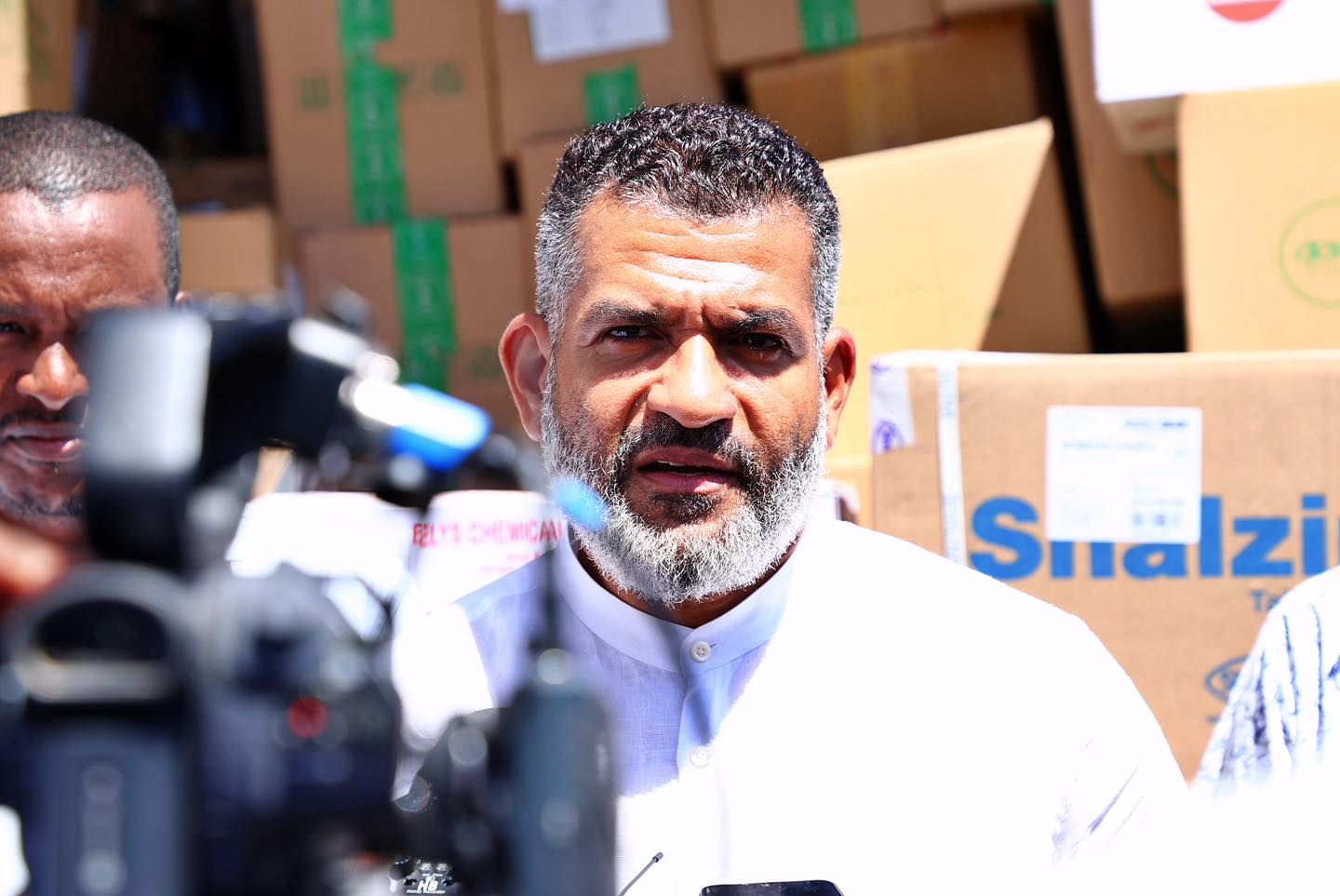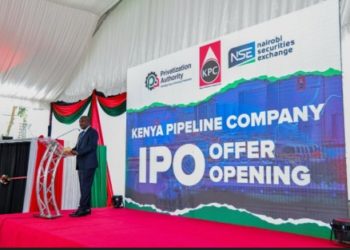Mombasa Governor Abdulswamad Sharrif Nassir has sparked intense discussions in recent weeks concerning the concession of the Mombasa port. This dialogue has now permeated political circles, with various individuals expressing their views on the port’s fate.
On September 29, 2023, President Ruto confirmed that the concession process was in progress and assured the nation that the port would not be privatized.
A concession arrangement typically involves granting a fixed-term lease to a private entity, allowing it to oversee port operations, cargo handling, service provision, and revenue generation. The fundamental concept behind the concession process is the promise of economic growth and increased private investments.
Private sector involvement is expected to bring substantial capital, advanced technology, and efficient management to the port, enhancing its capacity and competitiveness. The key distinction between concession and privatization lies in ownership, with concession ensuring that the government retains ownership of the port.
Concession is generally well-received by most, with the main point of contention arising when addressing issues of economic control and sovereignty. Nassir’s insistence on the participation of the people and the County Government of Mombasa is a crucial component for the success of this process.
The process should prioritize openness, inclusivity, and transparency. The National Government and the County Government of Mombasa must collaborate to ensure that the concession agreements protect their roles in preserving jobs, controlling tariffs, and safeguarding long-term national revenue interests.
The strategic significance of the port cannot be underestimated, serving as the primary gateway for Kenya and its landlocked neighbors, including Uganda, Burundi, Rwanda, South Sudan, and the Democratic Republic of Congo. Any decision regarding its future must be carefully weighed against the imperative of sustained economic stability and self-determination.
Surrendering operational control of a national asset to private, possibly foreign entities is a decision that governments should not make without engaging all stakeholders extensively. Therefore, a strong case is made for thorough deliberation before proceeding with port privatization. The devil is in the details, and this will hold true for the agreements to be signed regarding the port concession.
It is possible to strike a deal that secures optimal investments and operations for the port while continuing to serve the public interest and benefit the people of Mombasa.














